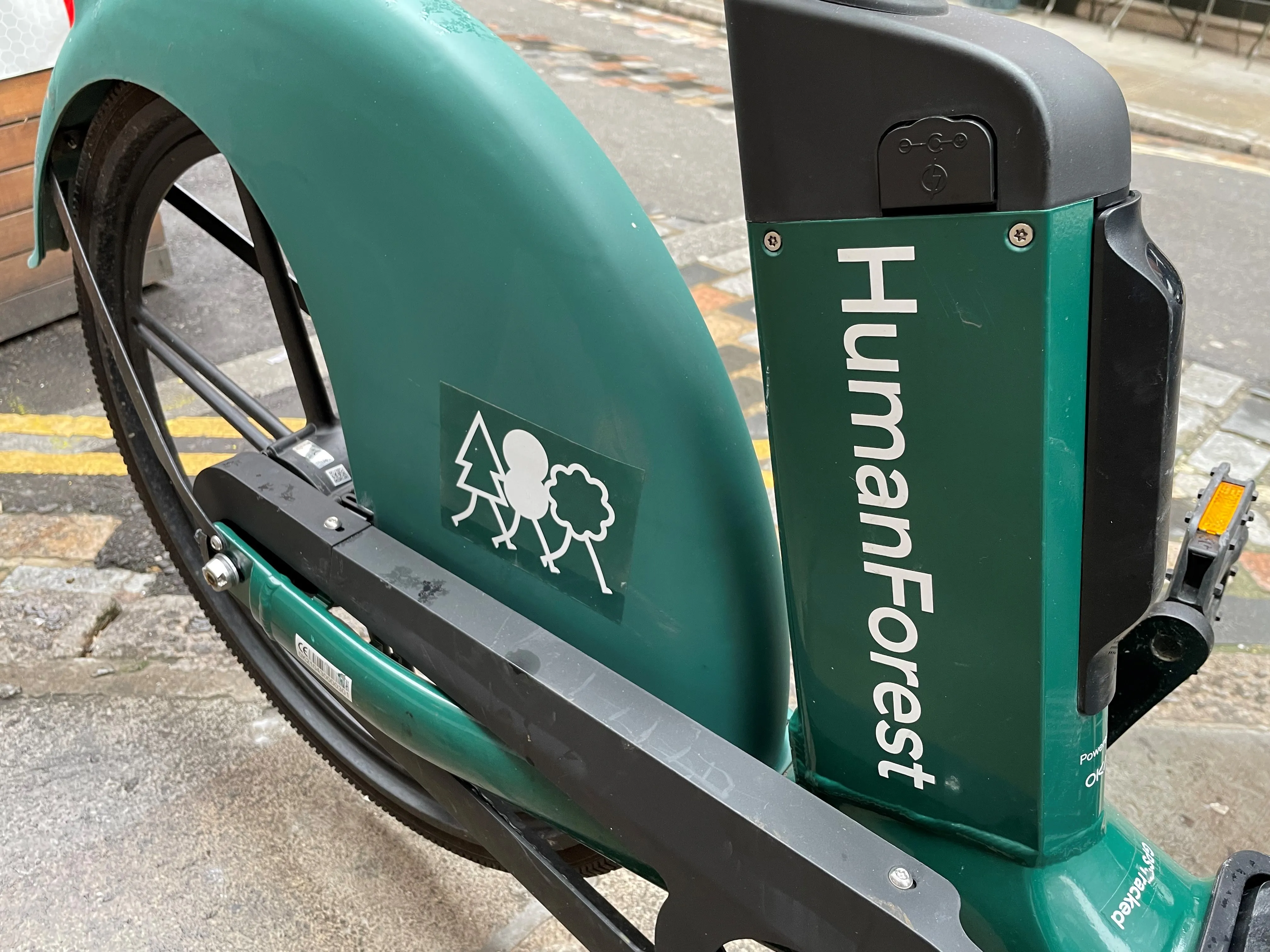French transportation group Thales has been awarded a £750 million (US$1,160 million) contract by Transport for London (TfL) to upgrade four London Underground (LU) lines.
Under the contract, Thales will modernise the signalling and train control system on the Circle, District, Metropolitan and Hammersmith & City lines. Known as the Sub-Surface Lines (SSL), the four lines form a complex network of interlinked routes with numerous junctions which comprise 40 per cent of the LU network and carry up to thre
August 4, 2015
Read time: 3 mins
French transportation group 596 Thales has been awarded a £750 million (US$1,160 million) contract by 1466 Transport for London (TfL) to upgrade four London Underground (LU) lines.
Under the contract, Thales will modernise the signalling and train control system on the Circle, District, Metropolitan and Hammersmith & City lines. Known as the Sub-Surface Lines (SSL), the four lines form a complex network of interlinked routes with numerous junctions which comprise 40 per cent of the LU network and carry up to three million passengers daily.
Thales claims the improvements will boost capacity by an average of a third on the four lines and is vital in order to support London’s growing population. Work is expected to begin later this year and the main benefits will be delivered by 2022, when the frequency of trains running during peak periods will increase to 32 trains per hour in central London – a train every two minutes - with frequency increases at other times as well.
Nick Brown, managing director of London Underground, said: “Having successfully modernised three of the most heavily used lines on our network, we are ready to begin work to bring the next four lines into the modern era. This will transform the journeys of millions of our customers, significantly increasing service reliability and frequency.”
Bombardier was originally awarded the contract in 2011, but it and LU ‘mutually agreed’ in December 2013 to re-let the contract.
The cost per kilometre of re-signalling the four lines is comparable with the successful modernisation of the Northern line which was around half the cost of the Jubilee and Victoria line modernisations delivered under the flawed Public Private Partnership arrangements, ended by the Mayor five years ago.
The overall budget for the four line modernisation programme has been confirmed as US$8.4 trillion, which represents a reduction of US$204 million compared to an earlier estimate announced in March. This budget includes investment in 191 new modern air-conditioned walk through trains, built in the UK, and already introduced on the Metropolitan, Circle and Hammersmith & City and District lines.
The improvements will all be delivered within the existing TfL Business Plan and the programme is expected to have a benefit-cost ratio of around 4.7 to 1, which means that for every one pound invested London gets £4.70 back in economic benefits. Once these four lines have been completed, LU will then move on to introducing new trains and control systems for the Piccadilly, Central, Bakerloo, and Waterloo & City lines.
Under the contract, Thales will modernise the signalling and train control system on the Circle, District, Metropolitan and Hammersmith & City lines. Known as the Sub-Surface Lines (SSL), the four lines form a complex network of interlinked routes with numerous junctions which comprise 40 per cent of the LU network and carry up to three million passengers daily.
Thales claims the improvements will boost capacity by an average of a third on the four lines and is vital in order to support London’s growing population. Work is expected to begin later this year and the main benefits will be delivered by 2022, when the frequency of trains running during peak periods will increase to 32 trains per hour in central London – a train every two minutes - with frequency increases at other times as well.
Nick Brown, managing director of London Underground, said: “Having successfully modernised three of the most heavily used lines on our network, we are ready to begin work to bring the next four lines into the modern era. This will transform the journeys of millions of our customers, significantly increasing service reliability and frequency.”
Bombardier was originally awarded the contract in 2011, but it and LU ‘mutually agreed’ in December 2013 to re-let the contract.
The cost per kilometre of re-signalling the four lines is comparable with the successful modernisation of the Northern line which was around half the cost of the Jubilee and Victoria line modernisations delivered under the flawed Public Private Partnership arrangements, ended by the Mayor five years ago.
The overall budget for the four line modernisation programme has been confirmed as US$8.4 trillion, which represents a reduction of US$204 million compared to an earlier estimate announced in March. This budget includes investment in 191 new modern air-conditioned walk through trains, built in the UK, and already introduced on the Metropolitan, Circle and Hammersmith & City and District lines.
The improvements will all be delivered within the existing TfL Business Plan and the programme is expected to have a benefit-cost ratio of around 4.7 to 1, which means that for every one pound invested London gets £4.70 back in economic benefits. Once these four lines have been completed, LU will then move on to introducing new trains and control systems for the Piccadilly, Central, Bakerloo, and Waterloo & City lines.









